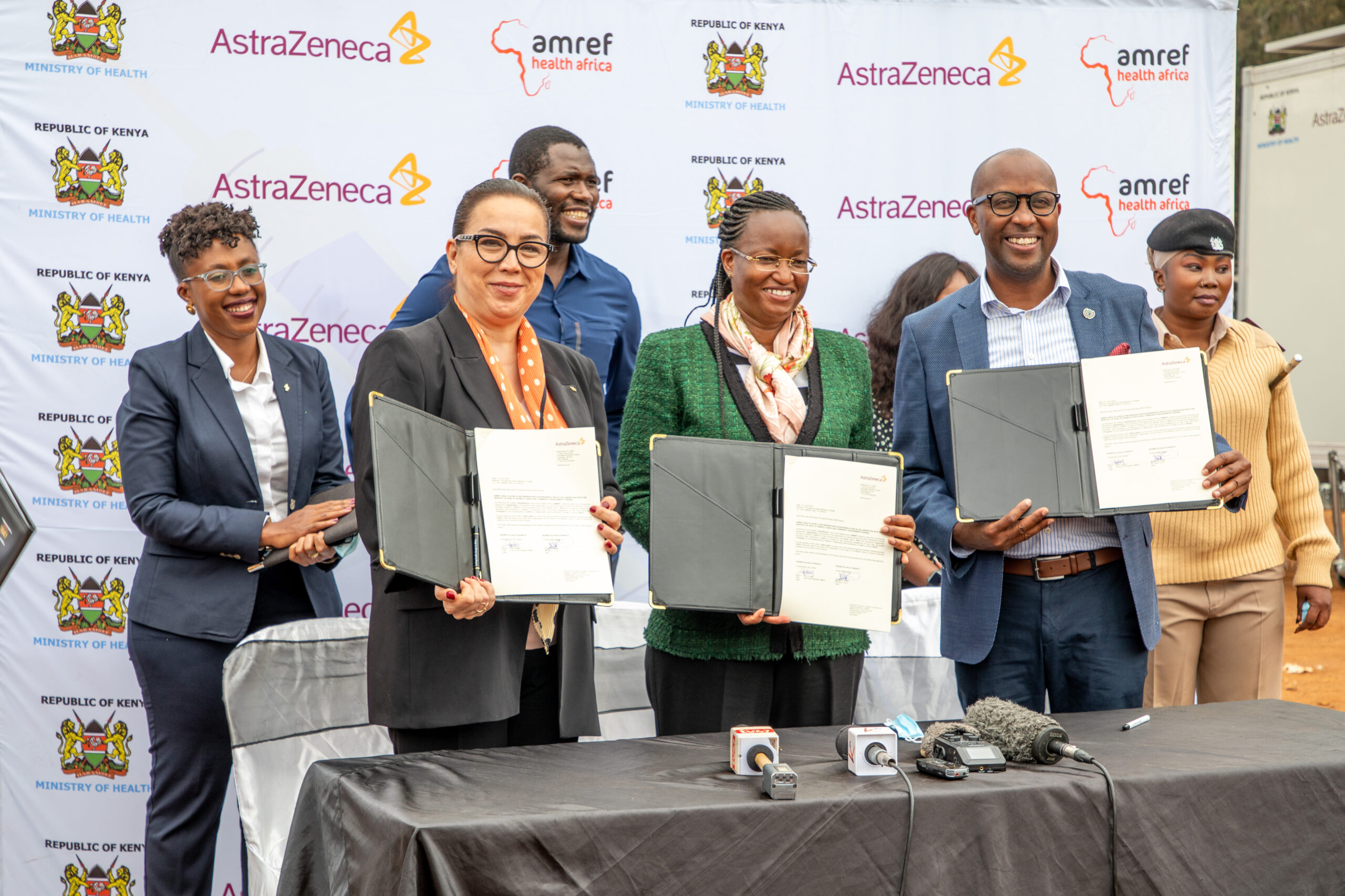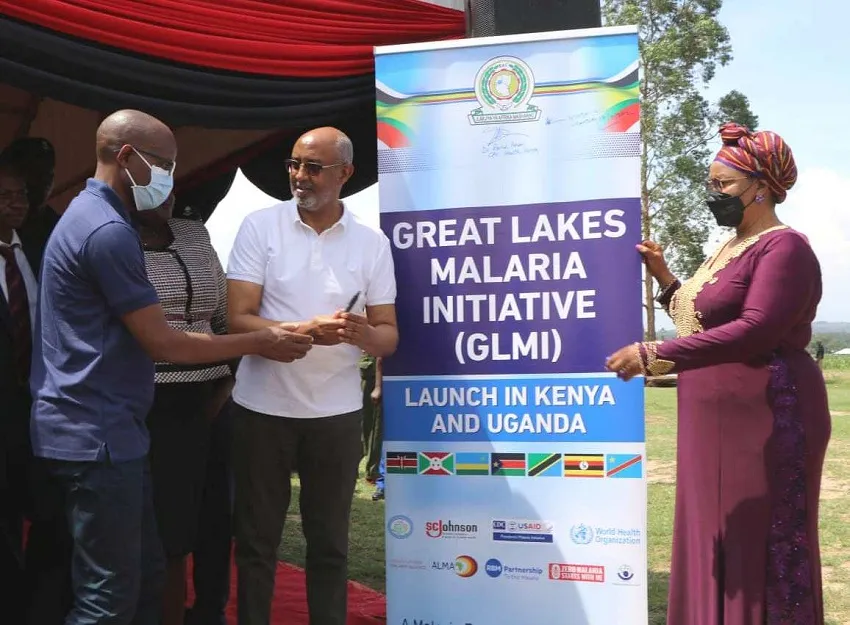Gender differences in health-related quality of life at the time of a positive HIV test–a cross-sectional study in a resource-poor, high prevalence setting in Nairobi, Kenya
Thursday, 6 December, 2018
Few studies have examined gender differences in sub-Saharan Africa, where HIV disproportionately affects women. Objectives of this cross-sectional study were to determine gender differences in HRQoL at the time of a positive HIV test, and whether factors associated with HRQoL differed between men and women. Adults testing HIV-positive were recruited from two clinics located in informal settlements. HRQoL was measured with the SF-12. Multiple linear regression was used to test whether there were gender differences in physical (PCS) and mental composite summary (MCS) scores. Separate models were built for men and women to examine factors associated with HRQoL. Between April 2013 and June 2015, 775 individuals from were recruited. The mean PCS score was higher in women (adjusted mean difference 2.49, 95% CI 0.54 to 4.44, p = 0.012). There was no significant gender difference in MCS scores. Similar factors were associated with better physical HRQoL in men and women: secondary education, younger age, higher CD4, and employment. Employment was the only factor associated with MCS in men, while less social support and low CD4 were associated with poorer MCS scores in women. Gender differences in factors related to HRQoL should be considered in broader policy and interventions to improve the HRQoL in those diagnosed with HIV.
van der Kop, Mia L; Muhula, Samuel; Patel, Anik; Thabane, Lehana; Awiti, Patricia; Kyomuhangi, Lennie; Abunah, Bonface; Nagide, Patrick I; Smillie, Kirsten; Ojakaa, David (2018) Gender differences in health-related quality of life at the time of a positive HIV test–a cross-sectional study in a resource-poor, high prevalence setting in Nairobi, Kenya. AIDS care. 30(4): 493-499 https://pubmed.ncbi.nlm.nih.gov/29258342/







